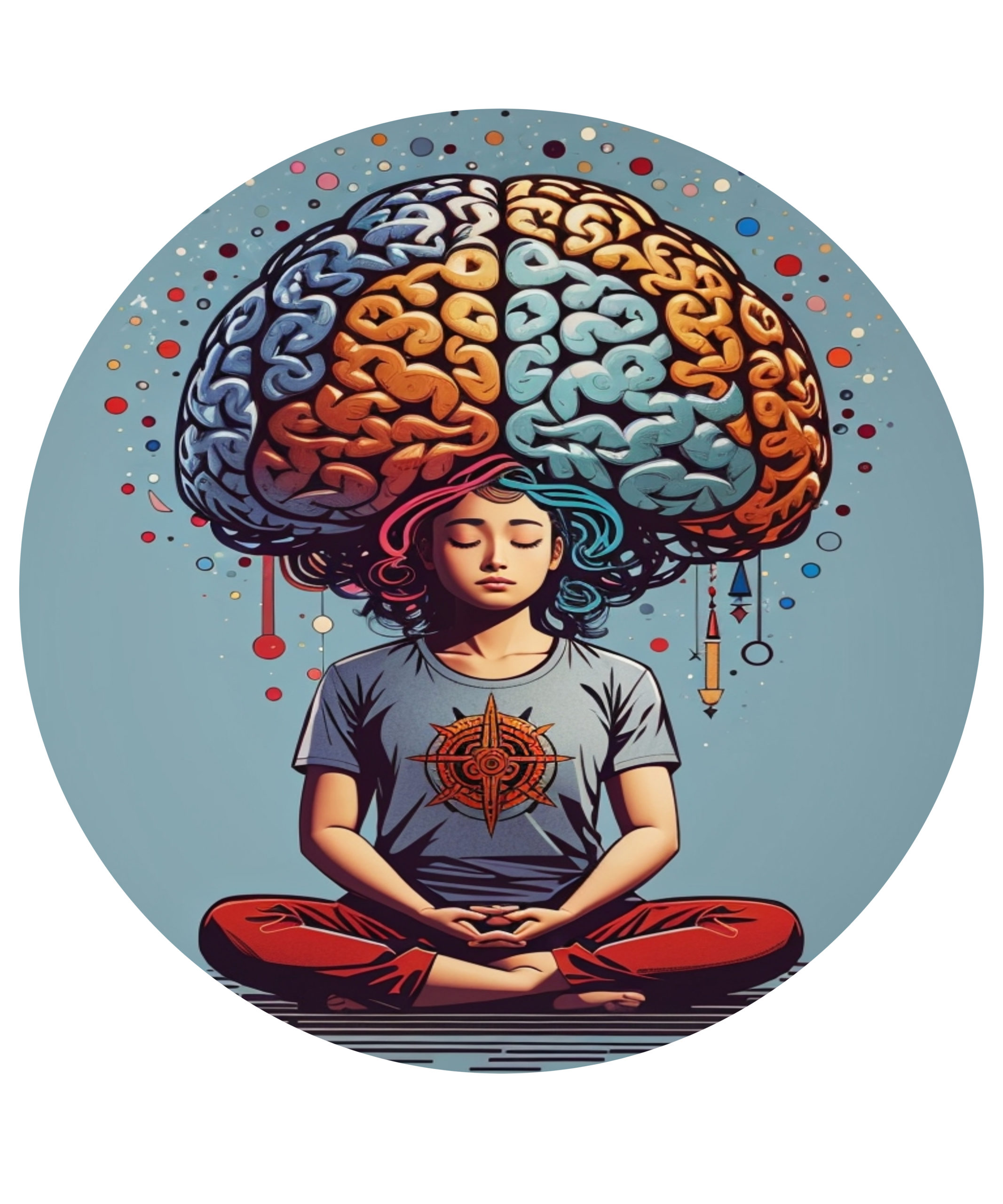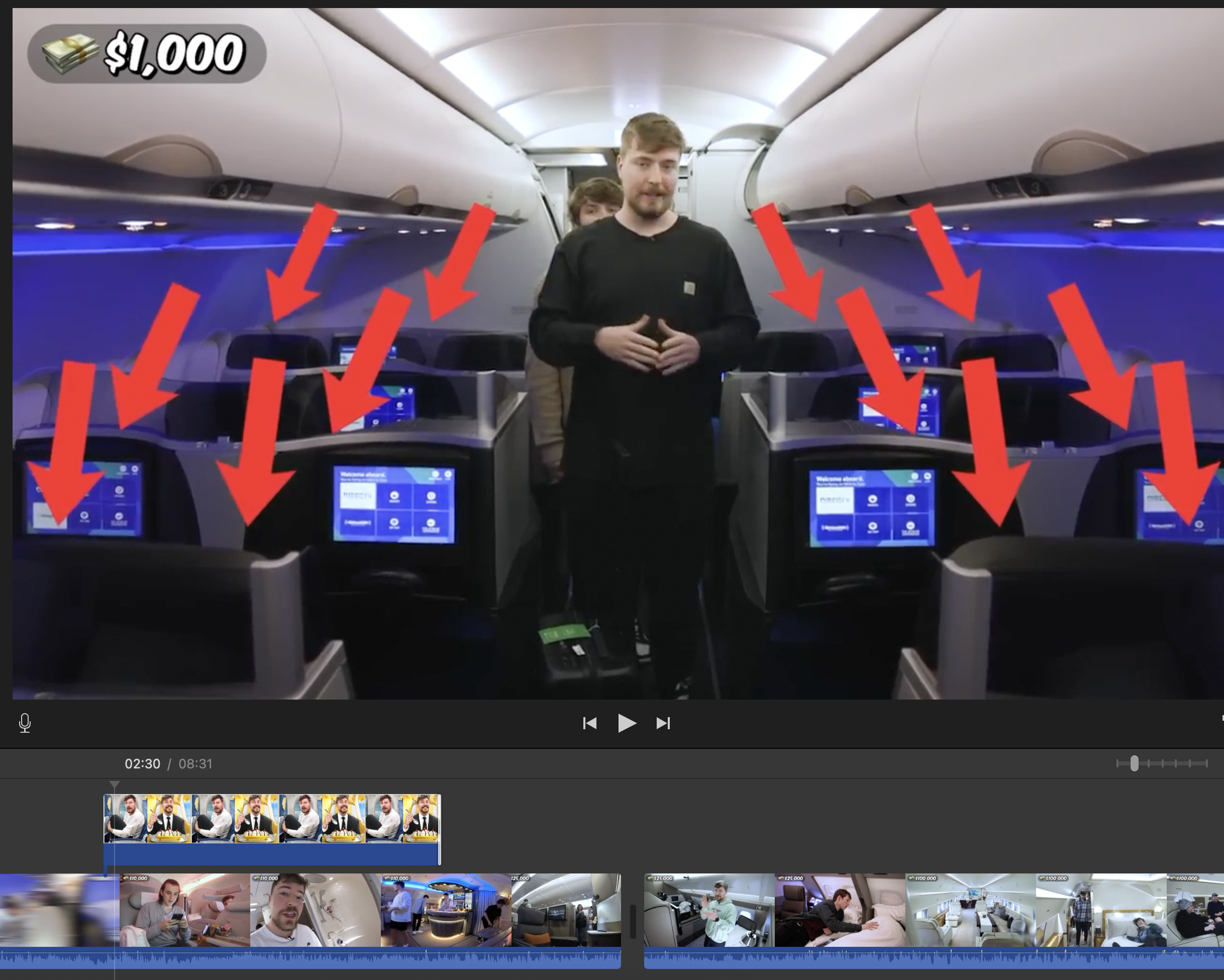The Rise of Social Media: A Brief Overview
The Positive Side: How Social Media Can Boost Mental Health
1. Enhanced Social Connections
2. Access to Support Communities
3. Information and Resource Sharing
4. Positive Self-Expression and Creativity
5. Awareness and Destigmatization of Mental Health Issues

The Dark Side: Potential Negative Impacts on Mental Health
1. Social Comparison and FOMO
2. Addiction and Compulsive Behavior
3. Cyberbullying and Online Harassment
4. Body Image Issues and Eating Disorders
5. Sleep Disruption
6. Information Overload and Stress
Striking a Balance: Tips for Healthy Social Media Use
Conclusion: A Tool, Not a Lifestyle
7 Reasons Why Authors Should Publish an Audiobook
Whenever a book is sold on other publishing platforms such as Amazon, Apple, Google etc, there isn’t any details provided about the age of the buyer or gender or what country their in. But with an audiobook published on Spotify, there is a specific tab that displays Spotify analytics.
Why Breakups Turn Nasty: The Surprising Psychological Reason
When you put weight on whether partnerships are “meant to be,” the stakes heighten dramatically. Suddenly every conflict signals incompatibility rather than just normal growing pains. Disagreements no longer represent opportunities for growth, but rather definitive signs it’s time to call the whole thing off.
The Science of Positive Thinking: How Neuroscience Can Help You Achieve Personal Growth
One way is to practice reframing. Instead of stressing about a traffic jam, for instance, appreciate the fact that you can afford a car and get to spend a few extra minutes listening to music or the news, accepting that there is absolutely nothing you can do about the traffic.
How Are People Making $50,000 a month on Twitter?
By promoting affiliate products on your Twitter account, you can have a convenient way of making money. For example you might read a quote in a book and decide to share it on X. That book title can be an Amazon affiliate link and if anyone clicks it and buys something, you get a commission.
Top 11 Trading Psychology Books: Review
*Market Mind Games* is a journey into the psychological landscape of trading. Shull draws on her extensive experience working with traders and hedge fund managers, combining insights from neuroscience and psychology to dissect the intricate dance between emotion and market dynamics. The book acts as a guide for traders seeking a deeper understanding of the psychological challenges inherent in the financial markets.
Navigating Heartbreak: 6 Steps Women Who End Up Happier After A Breakup Do During The Healing Process
Exper...
Mastering Concentration: Proven Strategies on How to Improve Focus
Techniques for Enhancing Focus
Now that we’ve set the stage, let’s delve into actionable techniques for improving your focus:
1. Mindfulness Meditation
Mindfulness meditation helps you become more aware of the present moment. By practicing mindfulness, you can train your mind to concentrate better on the task at hand.
2. Get Adequate Sleep
A well-rested mind is more alert and capable of focusing. Ensure you get enough quality sleep to recharge your cognitive functions.
The Art and Science of Retention-Based Video Editing: Navigating the Landscape of Digital Content Creation
Our brains are wired to seek out new and exciting stimuli. Retention editing capitalizes on this by delivering a continuous flow of novel content. Whether it’s an unfolding story, unexpected twists, or visual spectacles, the promise of something new at every turn keeps viewers engaged.
Challenge of Retention Based Video Editing.
The root of this issue lies in the business model of content platforms, where the longer a creator can keep a user on the site, the more opportunities exist for advertising. This incentivizes creators to prioritize attention-capturing techniques over genuine entertainment, fostering a landscape of cookie-cutter content and the homogenization of videos across platforms.
How to Heal and Open Your Heart After a Breakup
Opening up your heart again after a breakup can be scary, but it’s important to remember that love is worth the risk. Start by focusing on building strong friendships and connections with others. When you’re ready, consider dating again. Take things slow and don’t be afraid to be vulnerable.
Healing after a breakup takes time, but it’s possible. By acknowledging your feelings, taking care of yourself, learning from the experience, and opening up your heart again, you can move on and find love again. Remember, you are worthy of love and happiness.
























